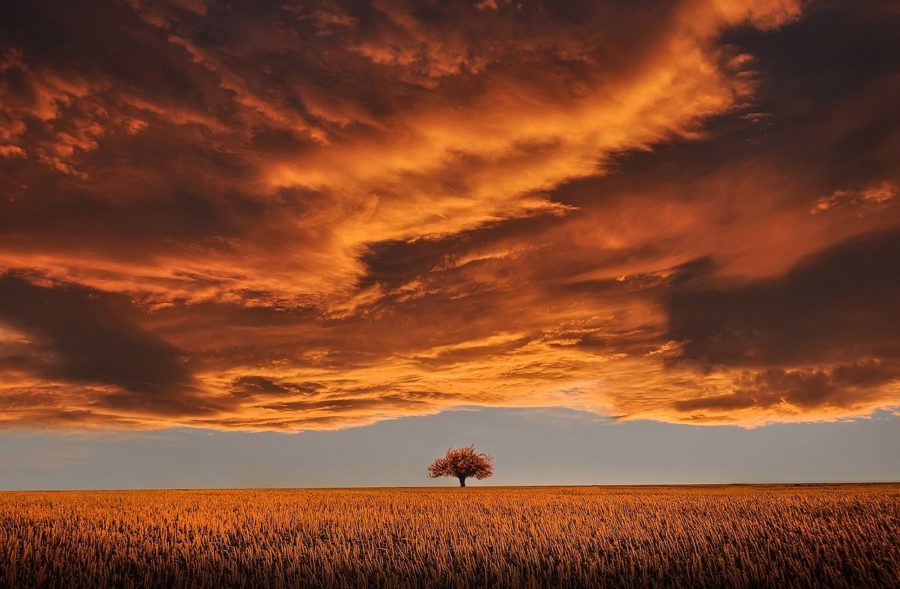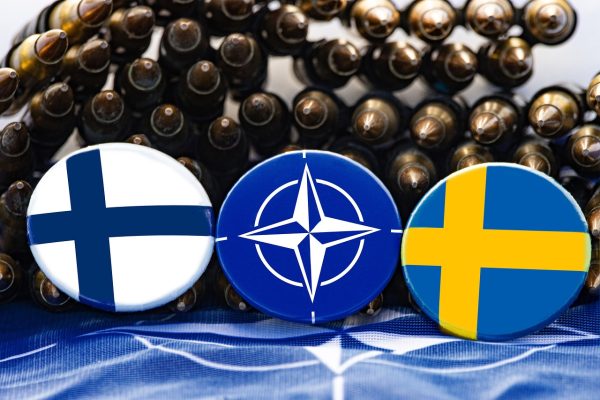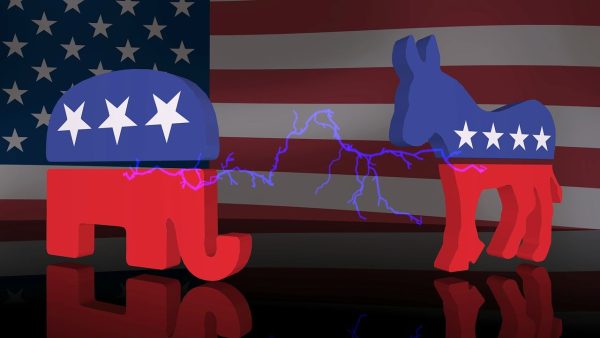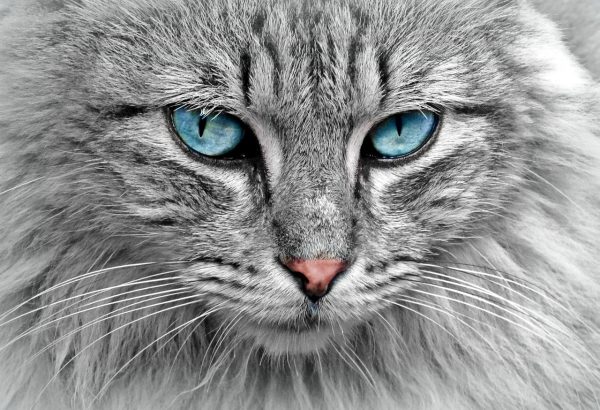No Country For Old Men Deep Analysis! What Truly Makes A Person??!!
No Country for Old Men is one of my favorite movies of all time. It has amazing directing, acting, story, and most importantly- meaning. I will explore this movie’s deep meanings, as it explains several key factors as to, “what makes a person.” If you haven’t watched it yet, do it right now (it will be worth it). I am about to spoil the entire movie for you. No Country for Old Men, starts near the Texas-Mexican border in 1980. A Vietnam War vet named, Llewelyn Moss, finds a sack of drug money in the desert after accidentally stumbling into a shootout between gangs. Knowing the risks, he takes the money in hopes for a better future for his wife and himself. However, a very dangerous criminal, Anton Chigurh, who works for the drug runners chases after Moss, who seemingly has no remorse for killing anyone that stands in his way. Lastly, we have our sheriff, Ed Tom Bell, who is overseeing the investigation. Bell begins to see the country in a different light than it once was. At the end of the movie, Llewelyn gets killed by Anton in an almost anti-climatic way, and Anton seemingly gets away (although debatable), while the sheriff ponders about the events and retires. He couldn’t do anything to stop the endless chaos or violence.
At first, this movie may seem like a standard action flick with a disappointing ending. However, the more I explored it, the more I realized that it was much more than just gunfights. One of the most important moments was when the sheriff was talking about his dreams to a woman. These dreams included him remembering losing money his father had given him, while another is when he and his father were riding through a snowy mountain path. His father had gone ahead to make a fire in the darkness and wait for Bell. These dreams were obvious metaphors, as it clearly shows that the sheriff did not live up to his father’s expectations. He is not able to bring order in the chaotic world, failing his father. The second dream shows that he reaches his reconciliation, as his father waits for him on the other side. This brings up the whole meaning that the generations are changing, and that the chaos that comes with it, can’t be stopped by the old men. Hence the name “No Country for Old Men.”
The abrupt end of our main character, Llewelyn, as he is not even given a proper chance, shows just how ruthless the world really is. There are many interpretations of what all the characters really meant, however, I will share the ones I agree with. Llewelyn represents, “Mankind,” as he fights against nature and shows man’s will to fight against an unstoppable force. But, we can see that despite his heroics, he can’t quite fight against an unstoppable force- which is shown by how he dies, anticlimactic. The person who kills Llewelyn, Anton, represents, “Nature,” as he fully accepts the chaos of the world and joins it. This is why he is so “fair” at times, as he truly isn’t biased. We see a couple of scenes of him doing a coin flip to decide a person’s fate which leaves everything to chance and not him. Lastly, we have the sheriff who represents, “Self,” which is basically a person who tries to fix the world. However, this clearly does not work, as he retires in regret over his inaction.
Personally, all of these factors and morals are wrong in the world we live in, as each has its own pros and cons. At the end of the day, it’s how the person chooses to live that ultimately decides how they die. To end with a quote from the movie, “I think by the time you’re grown, you’re as happy as you’re going to be. You’ll have good times and bad times, but in the end, you’ll be about as happy as you were before. Or as unhappy. I’ve known people that just never did get the hang of it.”― Cormac McCarthy, No Country for Old Men.











